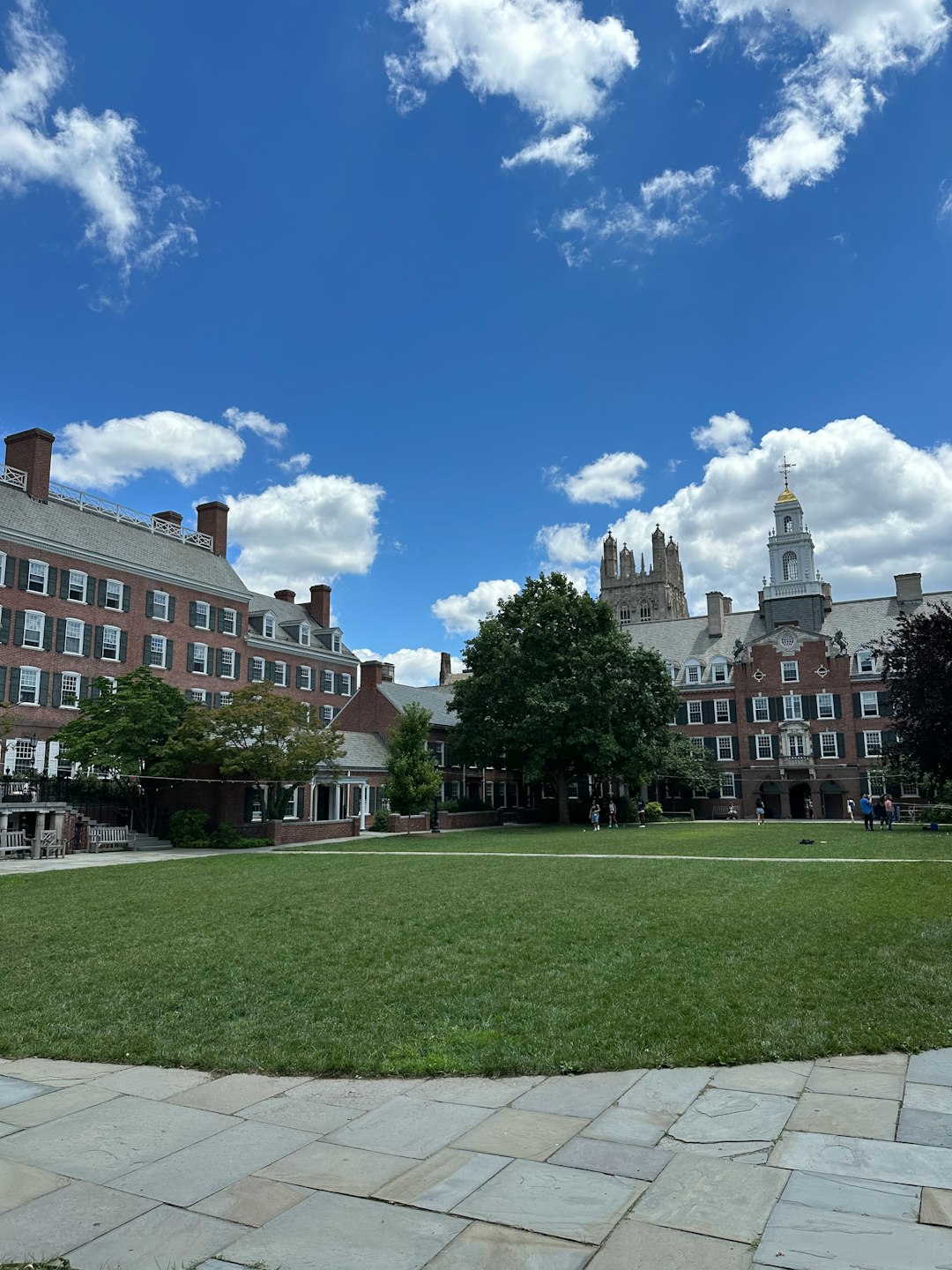Title IX, a federal law prohibiting sexual discrimination and harassment in education, is strictly enforced in Connecticut. Title IX lawyers advocate for victims' rights, guide schools through complex regulations, and ensure fair handling of complaints. They play a crucial role in addressing various forms of sexual harassment, including verbal, physical, visual, and indirect abuse, which create a hostile learning environment. These legal professionals help Connecticut educational institutions respond promptly to claims by investigating, providing support, and disciplining perpetrators, thereby fostering an equal and safe learning space.
“In Connecticut, schools are held to high standards when it comes to preventing and addressing sexual harassment, guided by federal regulations under Title IX. This article delves into the complexities of defending against Title IX claims, offering insights for educators, administrators, and concerned parents. We explore common forms of harassment in educational settings, dissect legal protections, and emphasize the vital role a Title IX lawyer plays. Furthermore, best practices are outlined to foster a safer learning environment.”
Understanding Title IX and Its Relevance in Connecticut Schools

Title IX is a landmark federal law that prohibits sexual discrimination in educational institutions, including public schools. Enacted in 1972, this legislation has been instrumental in ensuring equal opportunities for all students, especially regarding access to education free from sexual harassment and abuse. In Connecticut, as in many states, Title IX lawyers play a crucial role in advocating for victims’ rights and holding institutions accountable.
The law covers a wide range of issues, from preventing discriminatory policies and practices to establishing reporting mechanisms and providing remedies for affected individuals. Connecticut schools must comply with Title IX regulations, ensuring that they have robust anti-harassment policies in place, offer confidential complaint procedures, and promptly investigate and resolve claims of sexual harassment or assault. A title IX lawyer Connecticut can guide institutions through these processes, ensuring fairness and adherence to the law while supporting survivors through legal avenues.
Common Forms of Sexual Harassment in Educational Settings

In educational settings, sexual harassment can take various forms, each as harmful and unacceptable as the next. One of the most prevalent types is verbal harassment, which includes lewd comments, jokes, or slurs directed towards an individual’s sex or gender identity. This behavior often creates a hostile environment, making it difficult for students to focus on their studies. Physical harassment is another concerning issue, encompassing actions like inappropriate touching, groping, or any form of non-consensual physical contact.
Visual and indirect forms of sexual harassment are equally insidious. This can involve displaying explicit images or engaging in inappropriate conversations through text messages or social media platforms. Additionally, spreading rumors about a student’s sexual activity or identity is considered a serious violation of Title IX regulations. A title ix lawyer Connecticut advocates for victims and ensures that schools take prompt and effective action against such incidents.
Legal Definitions and Protections under Title IX

Title IX, a landmark federal law, prohibits sexual harassment in educational institutions receiving federal financial assistance. In the context of Connecticut schools, this means that students have legal protections against any form of unwelcome sexual conduct that creates a hostile environment. A title ix lawyer Connecticut is crucial for understanding and enforcing these rights.
Sexual harassment can take various forms, including verbal, physical, or visual conduct of a sexual nature. It’s important to note that this law applies not only to students but also to school employees and any third party with significant interaction within the educational setting. Protections under Title IX ensure that schools have a duty to respond promptly and effectively when such incidents are reported, which may involve investigating claims, providing support services, and taking disciplinary action against perpetrators.
The Role of a Title IX Lawyer in Handling Claims

When facing a Title IX sexual harassment claim in Connecticut schools, having a dedicated Title IX Lawyer Connecticut is invaluable. These legal professionals specialize in navigating the complex regulations and procedures surrounding such cases, ensuring students’ rights are protected. They play a pivotal role in guiding both victims and accused individuals through the process, offering expertise in interpreting state and federal laws.
A Title IX Lawyer Connecticut assists in gathering evidence, interviewing witnesses, and crafting legal strategies tailored to each unique situation. Their goal is to achieve a fair resolution, whether through mediation, negotiations, or litigation. By understanding the nuances of Title IX policies and regulations, these lawyers advocate for their clients’ interests, ensuring a thorough and compliant handling of the claim.
Best Practices for Schools to Prevent and Respond to Harassment

To effectively defend against Title IX sexual harassment claims in Connecticut schools, institutions must adopt robust prevention and response strategies. Best practices involve creating a culture of awareness and accountability from the top down. Schools should implement comprehensive training programs for students, teachers, and staff to recognize and report harassment, ensuring everyone understands their rights and responsibilities under Title IX.
Additionally, establishing clear reporting mechanisms and designated points of contact is crucial. Consistent messaging across all levels of the school community—from posters and policies to regular assemblies and workshops—can reinforce prevention efforts. A proactive approach includes regular reviews of existing policies and procedures, as well as staying updated on relevant legal precedents involving Title IX cases in Connecticut, with consultation from a qualified Title IX lawyer.






